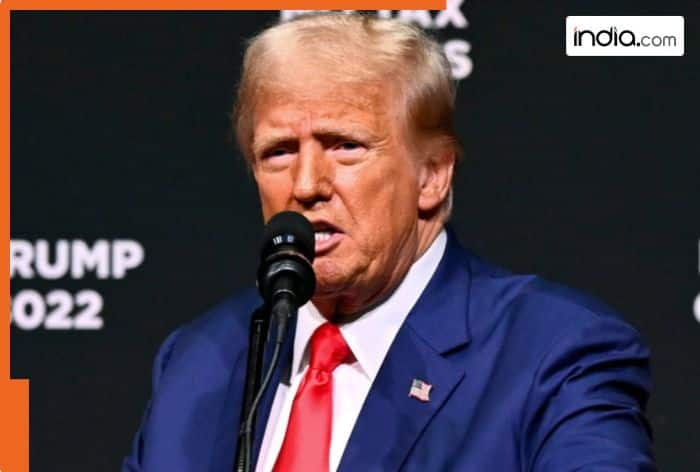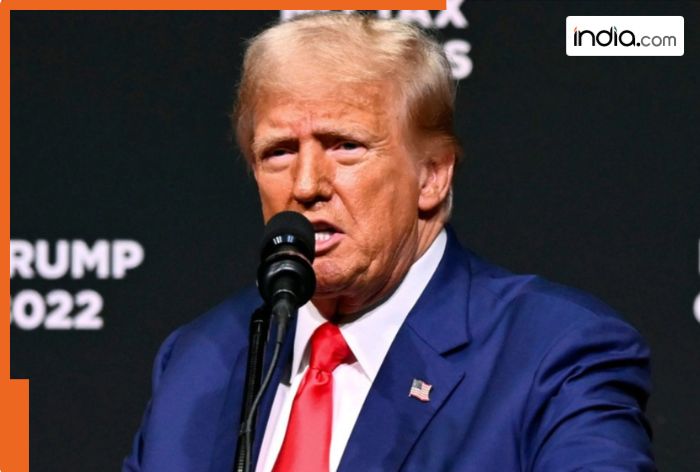Trump took to his Truth Social platform and said, “The idea that the BRICS Countries are trying to move away from the Dollar while we stand by and watch is OVER.”

New Delhi: In a stern message to the BRICS nations—Brazil, Russia, India, China, and South Africa—the President-elect Donald Trump has said that any move to sideline the US dollar in global trade will come at a steep cost. Trump took to his Truth Social platform and said, “The idea that the BRICS Countries are trying to move away from the Dollar while we stand by and watch is OVER.”
“We require a commitment from these Countries that they will neither create a new BRICS Currency, nor back any other Currency to replace the mighty U.S. Dollar or, they will face 100% Tariffs, and should expect to say goodbye to selling into the wonderful U.S. Economy,” he warned. The post is seen as a clear message by Trump that any plans to create an alternative currency or risk severe economic retaliation.
This ultimatum comes as Trump gears up for a return to the White House in January, renewing debates over his stringent trade policies. Throughout his campaign, Trump consistently pledged to safeguard the dollar’s status as the world’s reserve currency and threatened steep tariffs on countries seeking to shift away from its use. His recent statements underscore a revived commitment to economic nationalism, signaling a key priority for his upcoming administration.
To recall, in an interview in March, Trump stressed the importance of protecting the dollar, stating, “I would not allow countries to go off the dollar because it would be a hit to our country.” On Saturday, he reiterated, “There is no chance that the BRICS will replace the U.S. Dollar in International Trade, and any Country that tries should wave goodbye to America.”
At BRICS summit in Johannesburg, the nations, which have grown increasingly vocal about reducing their reliance on the dollar, discussed de-dollarization. The movement gained traction following US-led sanctions on Russia in 2022, which underscored the risks of dollar dependence in geopolitically charged situations.

